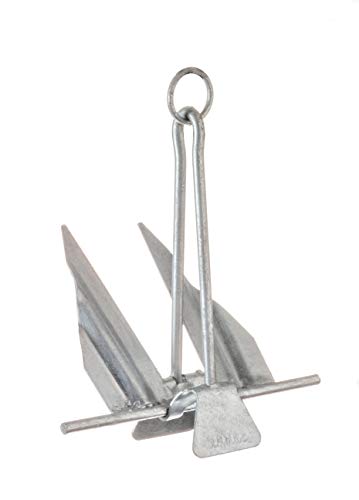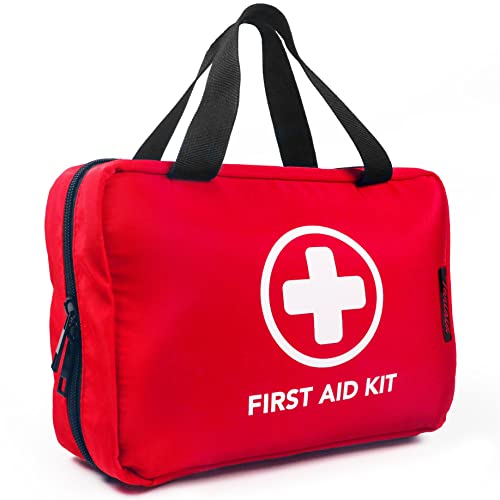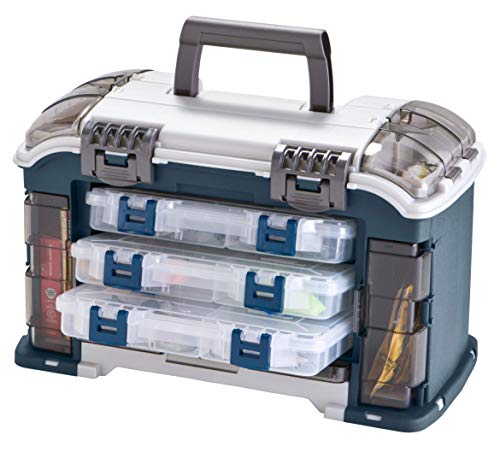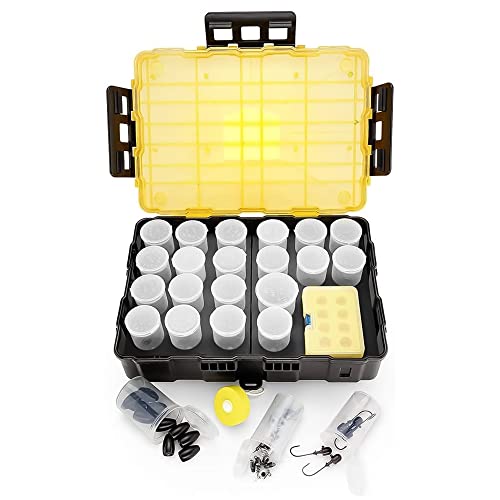Hanr3 said:
The tire is still going 65mph doesn't matter if its 33" or 8", its still going 65 mph. Speed has nothing to do with the number of revolutions the tire makes. The tire makes the same number of revolutions per mile no matter the speed, 20 mph or 65mph, speed doesn't matter.
The problem with that logic is that the bearing doesn't give a flying flip about miles, but is more concerned about time. That is why revs are always counting in Revs per minute, and NOT revs per mile.
A tire is rated by revolutions per mile, not revolutions per minute. Your confusing tire ratings with bearing ratings. Tires are rated in Revolutions per mile. The OP asked about 8" tires.
To put it in perspective, lets take the bearings out of the picture, and pretend you have a metal on metal joint. At slow speeds (under 5 revs per
minute) that thing can go on, and on, and on. Tens of thousands of revs, and it won't ever warm enough to be noticeable with a bare hand. The heat is dissipated faster than it is created. Speed it up to 1200 RPM, and you're going to seize it in a matter of minutes, and likely cause 3rd degree burns if you went to check it, as the heat will dissipate at the exact same rate, but is created much quicker.
Lets take lubrication out of the picture and have metal on metal bearing contact. Look at the surface of the bearings, even polished bearings. It looks like mountains trying to engage mountains. That resistance IS the reason bearings fail. So NO, they can not go on and on forever while under load, even at slow speeds. They MUST have a lubricant.
Same goes for tires. You have twice the rubber to dissipate the heat, as well as a greater amount of time between any given segment of the tire coming back in contact with the road.
Tires are designed to disapate heat, even small tires disapate heat up to thier ratings. Tires serve a ton of functions, heat disapation is only one aspect. Besides the heat generated by the tire never makes it to the wheel bearings. It would first have to travel through the wheel and bearing hub. Realistically your tire would have to be on fire before it had an effect on the bearings. :mrgreen:
Lastly, there is one important thing that hasn't been mentioned yet. A boat trailer gets submerged on a regular basis, and it wouldn't be realistic to say that no water ever enters a hub. While water is a fairly decent lubricant on the short term, however it will severely damage the precision parts inside a bearing. Tiny pits on a bearing surface will vastly decrease the bearings efficiency, and you guessed it, cause more heat. Granted, this can and will be an issue on any tire size, but larger tires give a greater margin for error, given the inherently lesser quantity of heat being created in the first place.
Water is a horrible lubricant. It does not adhear to the surfaces, it boils off when heated leaving the mountains to grind against each other eventually welding solid, and is extremely corrosive leading to pits/rust. Water is the reason for Bearing Buddies, Dust Caps, Bearing Seals, and marine grease; which is TEMPERATURE and WATER resistant.
On that note, the dust caps on the front bearings in my work truck haven't been removed in well over 300,000 miles. I'm leary of going more than a couple years on any of my boat trailers (in the realm of 10,000 miles), just due to the potential havoc water intrusion can wreak.





















































